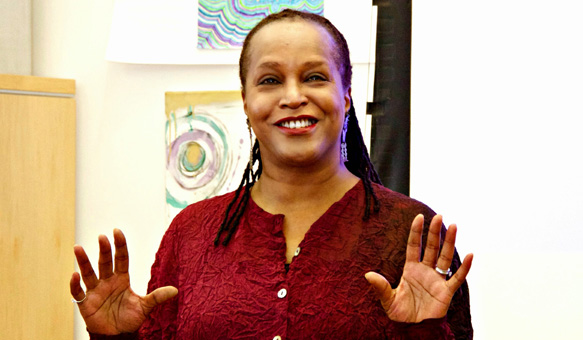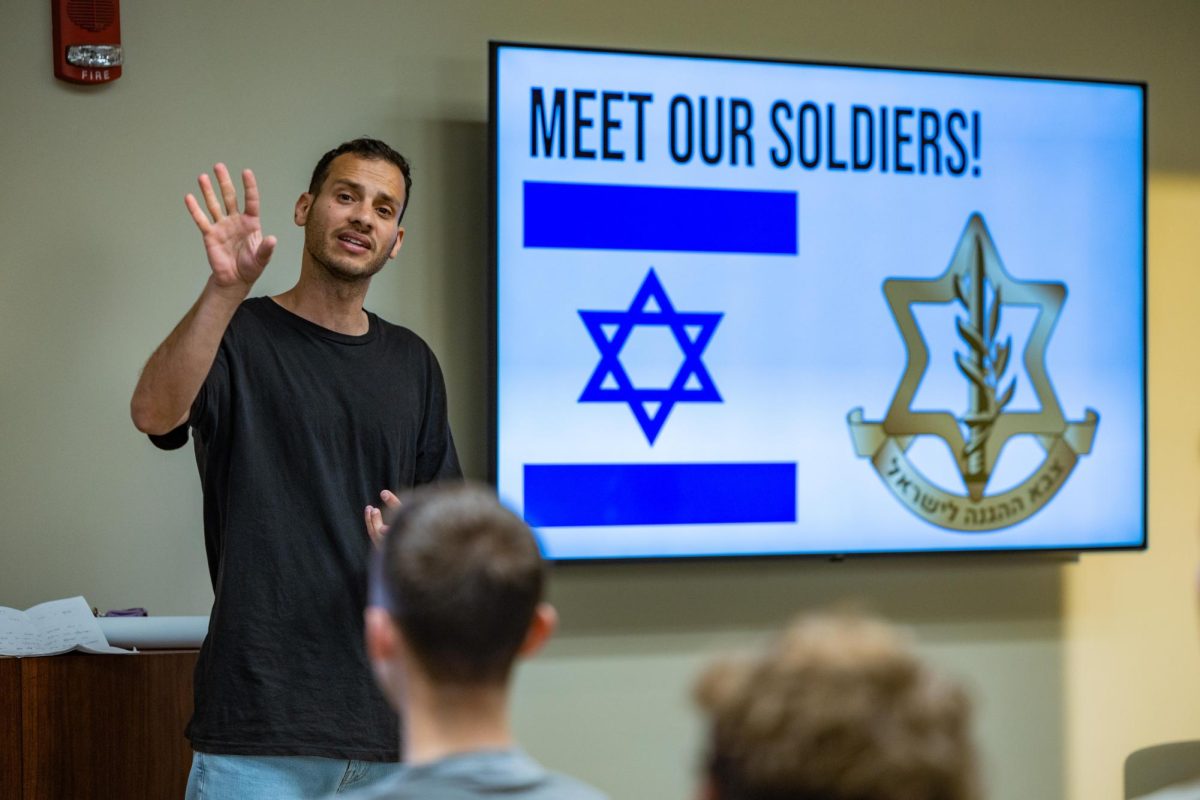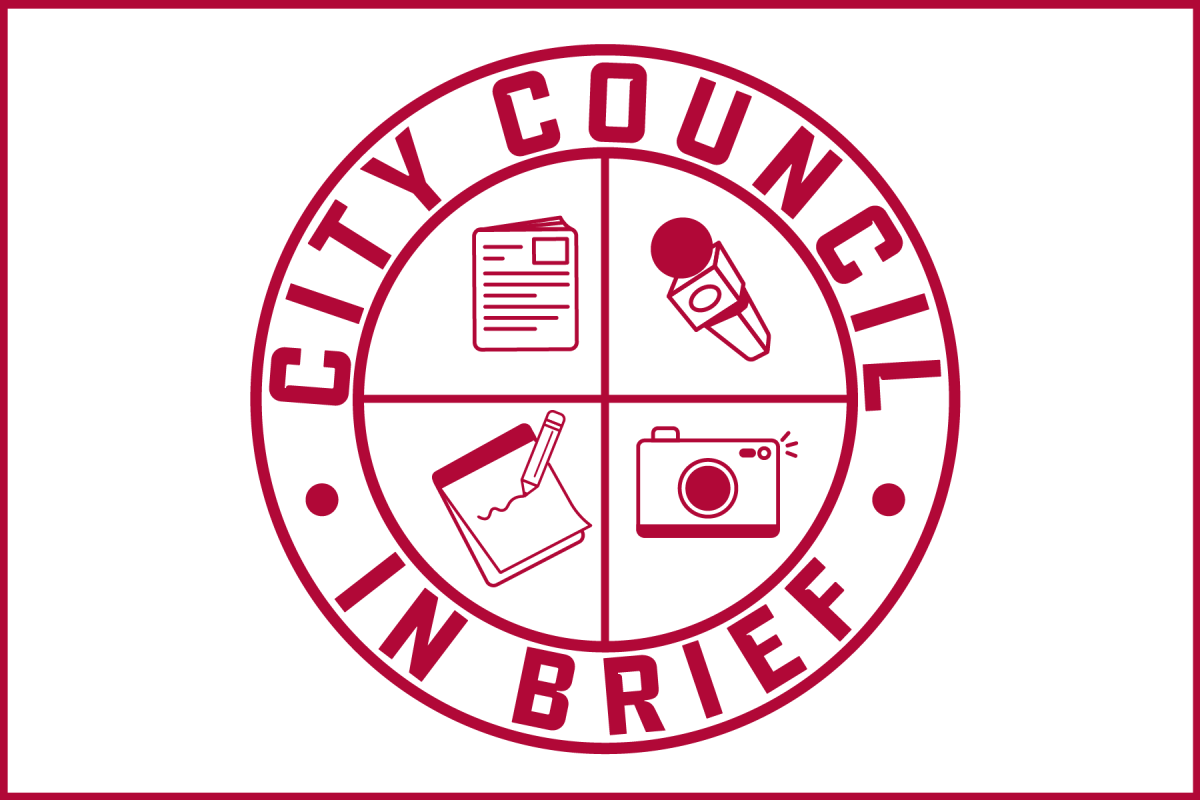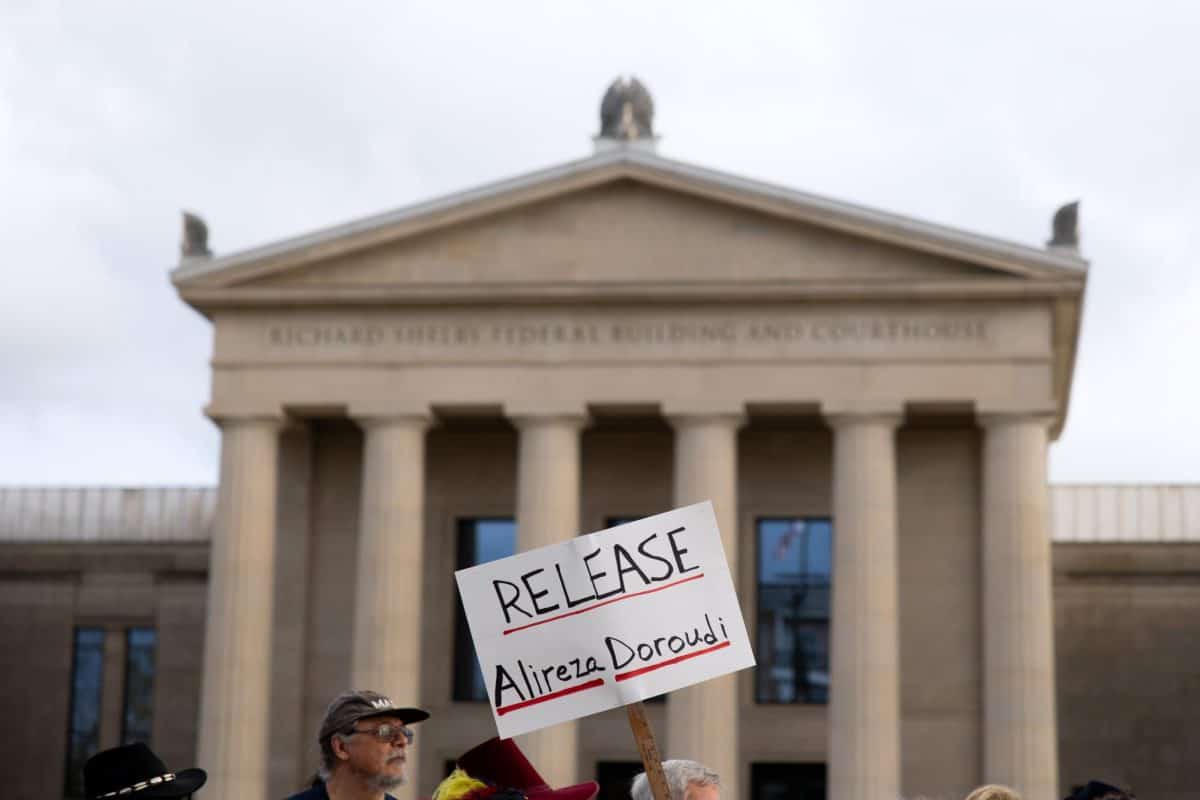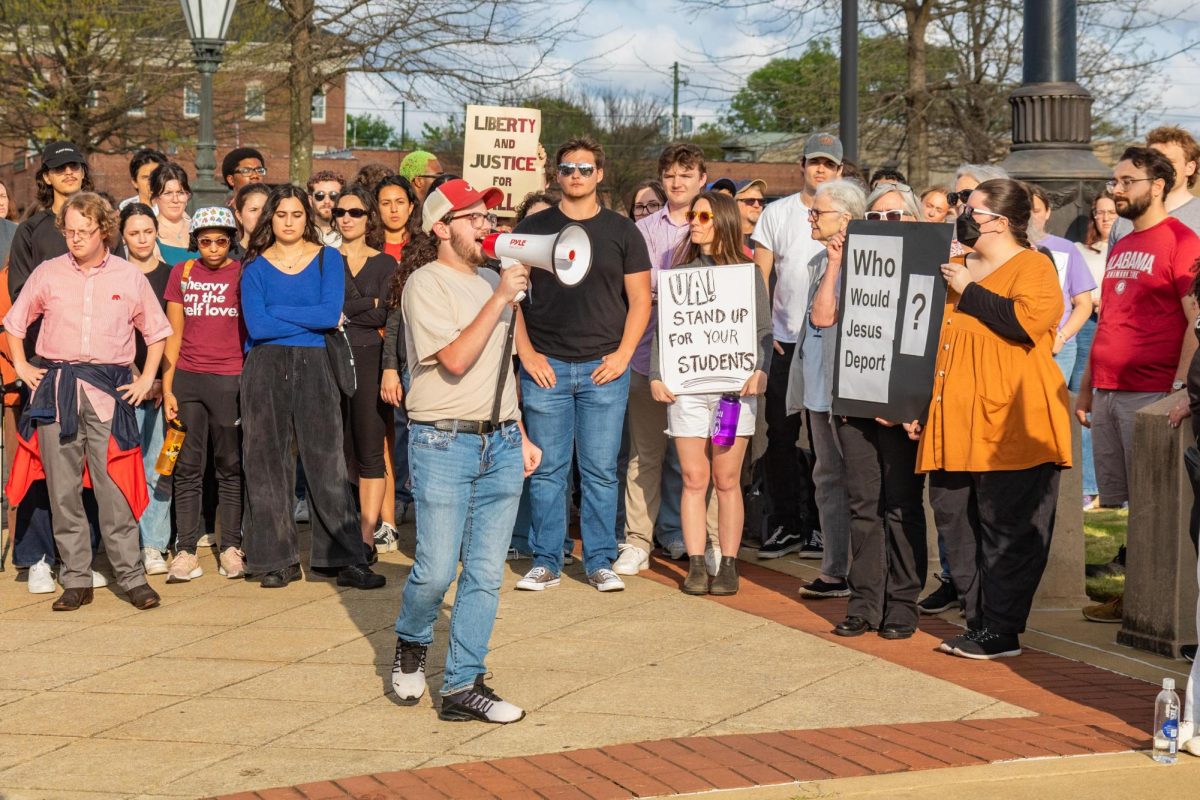This spring, the department of communication studies will host a Spring Colloquia Series to showcase the research of faculty and graduate students.
The department requires graduate students to present their research before completing their masters’ degrees, but faculty members can present their research as well to hear the opinions and advice of their colleagues. The series takes place in the fall and spring semesters and includes presentations, workshops, discussions and readings.
“For some [graduate students], this is the closest experience they will have to giving a scholarly conference presentation,” said Beth Bennett, chair of the department of communication studies. “Having to respond to the Q-and-A afterwards is also a good experience for job interviews and other types of formal situations where they must think and respond without a script.”
While the series has been around for many years, it now focuses more heavily on diversity. Each year in October, the department of communication studies partners with Safe Zone to host a workshop and discussion panel for LGBT History Month. Lecturers for the event include Jason Garvey in 2013, Tony Adams in 2014 and Mary Weems in 2015.
“I became the colloquia coordinator in the fall semester of 2012 and one of my goals was to be intentional about incorporating diversity into our series, which has included building interdisciplinary relationships on campus and inviting diverse speakers in the field to visit our department,” said Robin Boylorn, an assistant professor and coordinator for the Spring Colloquia Series.
The department encourages graduate students to attend all series events to learn from other presenters. Michael Forst, a graduate student in communication studies and the current Graduate Communication Assembly president, said he will attended each of the series events this spring and will present his thesis research at the colloquia on April 15.
“I think it’s exciting to hear what others in the department are currently working on and to have the chance to explore areas of the field that I am unable to study in my personal coursework,” he said.
Forst said he applauds the faculty members and scholars who have supported his research over the past two years, which he said has helped him both inside and outside the classroom.
“Hands down, my favorite part of the colloquia series is the chance to interact on a more personal level with faculty members and visiting scholars,” he said. “I hope to teach at colleges after finishing my schooling, so it’s great to learn from people who are already doing that.”
The series continues through the end of April and features mostly student presentations. New faculty member Darrin Griffin will present on “Nonverbal Bilingualism: Deaf Schemas of Deception” on Wednesday. The Spring 2015 series is free and open to the public.
The series will be held in 344 Reese Phifer Hall at noon on Wednesday, March 25, and Friday, March 27.



